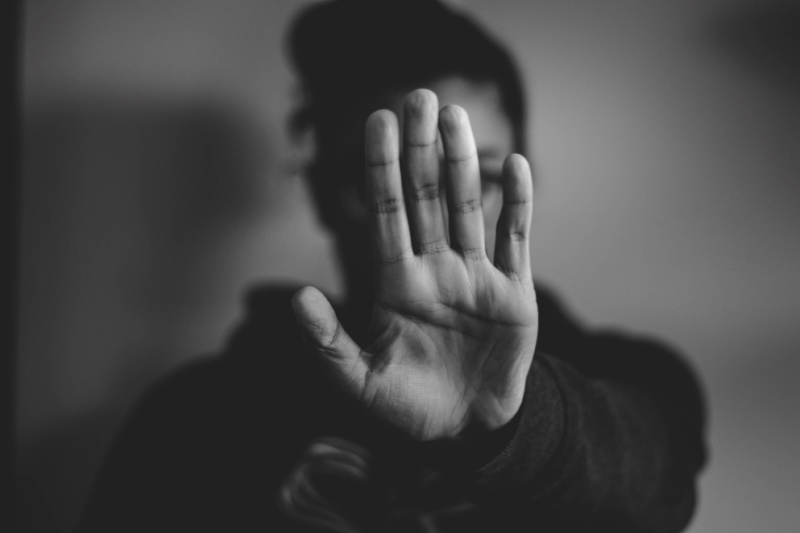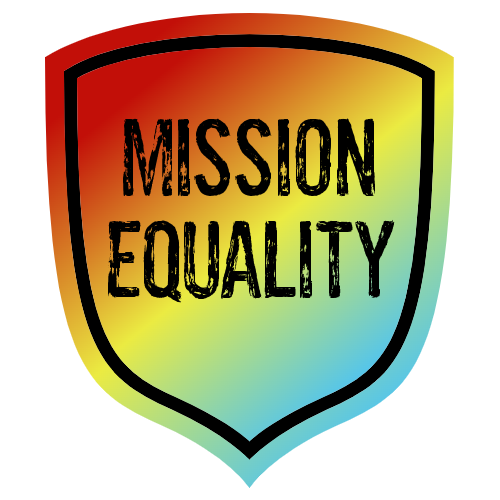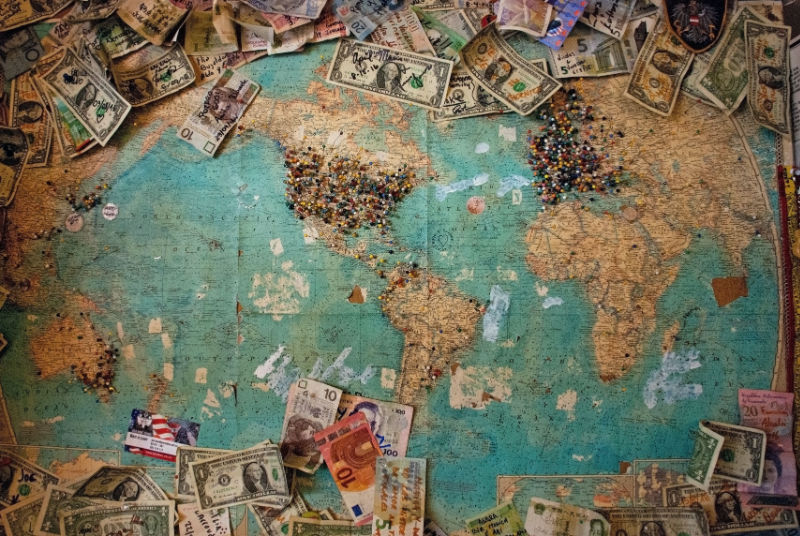
Pardon, Your Bias is Showing
I’m going to let you into a secret: I didn’t learn the term “microaggressions” till decades after I’d already experienced my first one.
Microaggressions don’t just happen at work, of course. Black people who live in countries where they are in the minority experience them every day, in every sphere of their lives.
(And, just so you know, post-colonial societies where Black people are in the majority aren’t exempt from microaggressions, either, but that’s a story for another time. I talk about that in “Exploring Shadeism”, a study of colorism in Barbados and the Caribbean.)
Most of my experiences of racial microaggressions happened in the UK, where I lived and worked for 15 years. But they’re identical to the experiences my Black relatives and friends have in workplaces in the US.
At first, I was simply perplexed by what I considered stupid questions and asinine comments. But it turned out those questions and comments were all subtle ways of letting me know I didn’t belong.
Here are some of the experiences that stood out most for me. Let’s start with the questions:
How did you get here?
When I first started working in the UK, a few of my colleagues asked how I’d got to England. They knew I’d come from the Caribbean, but they couldn’t conceive of island nations like ours having modern transportation technology like planes. A couple of colleagues wondered if I’d traveled on some sort of “banana boat”, but if I’d said I’d swum 4,000 miles I’m sure some of them would have believed me.
What kind of house do you live in?
This sounded like an innocuous question until further conversation revealed that my questioners pictured me living in trees. Seriously, I’m not making this up — this happened to me in the early 1990s.
It’s not that trees are necessarily a bad place to hang out. It was the assumption of my inferiority that underlay that question. Honestly, I was staggered by the level of ignorance this question revealed.
Can I touch your hair?
Some people ask; others just lean in and before you know it they’ve got their fingers in your hair. That’s just rude. Once more for the people in the back:
Hands off Black people’s hair. It is not your exotica or curiosity. We had 400 years of that BS and we’re over it, OK?
As if the questions weren’t bad enough, there were a couple of statements I heard over and over again during my years working in England.
You’re so articulate/you speak such good English
This is one that’s happened to me in many workplaces. As I’ve said elsewhere, the tone of voice is what separates a compliment from a microaggression.
If there’s admiration, it’s likely genuine. If there’s a surprise, then there’s the underlying assumption that Black people aren’t articulate.
And there’s also an assumption that we come from countries where English isn’t the first language. That’s true for some people, but the colonizers got around and imposed their language, so there are a bunch of places Black people live where English is the first language. Learn some history, people.
I don’t see color
This one always makes me think the speaker’s living in an alternate reality. I’m a tall Black woman, so I think my color is pretty hard to ignore.
Truth to tell, I wish more people would see my color. Then they would acknowledge the whole of me, instead of denying my history and culture.
A twist on this, that I’ve talked about elsewhere, is when my white American roommate in France told me she thought of me as white. Even today, I struggle to wrap my head around all the biases contained in that simple sentence.
In addition to the questions, there are other microaggressive experiences (actually, sometimes there’s nothing “micro” about them:
Being a curiosity
I remember when a colleague told me about the “colored chap” who lived in her village. From her tone, you’d have thought he was another species.
Don’t get me wrong; she wasn’t being unfriendly. In fact, she was going out of her way to make me feel included, but it had the opposite effect. She knew nothing about him other than the color of his skin.
And having been that lone Black person in other places, I can tell you it’s a lonely and uncomfortable place to be sometimes. And it’s equally lonely and uncomfortable as the lone Black person in an office where you’re dealing with this kind of foolishness every freakin’ day!
Not seen as a professional
Another biggie is when people come into the office where you’re working and assume you are “the help”, for want of a better phrase. Just as I’ve seen the double take in interview settings, I’ve also seen it when someone’s come in for a meeting and realizes the Black person he just walked past dismissively is actually the person he’s supposed to be meeting.
Sometimes there’s the “whitesplaining”, as if you don’t have skills, too. I had a bully of a boss who was prone to this, even though I had more industry experience than he did.
Skimming through the #BlackintheIvory hashtag on Twitter, there are also stories of how any issue related to Black people is somehow less worthy of study and attention.
Passed over for promotion
This can be hard to judge, but you get a feeling, don’t you? The same way you recognize the double-take, you know when you’re seen as not quite good enough, simply because you’re Black.
Sometimes it’s the recognition that your white colleagues, who don’t work as hard as you do, get a raise or a better raise than you do.
Sometimes you have to apply twice for the promotion that less qualified people seem to get as of right.
And sometimes, as I’ve said before, you don’t get the promotion at all, and are subtly disrespected till you choose to leave.
These are only a few of the experiences I’ve had at work. There have been many others in other contexts, which I’ll write about another time. White friends, this is why your Black colleagues are stressed out, unhappy and ready for change.
Want to be an ally and help reduce racial microaggressions in your workplace? Join our Anti-Racist Leaders Association for ongoing support to eliminate racism through consistent action.
Reprinted with permission from Sharon’s Anti-Racism Newsletter.

